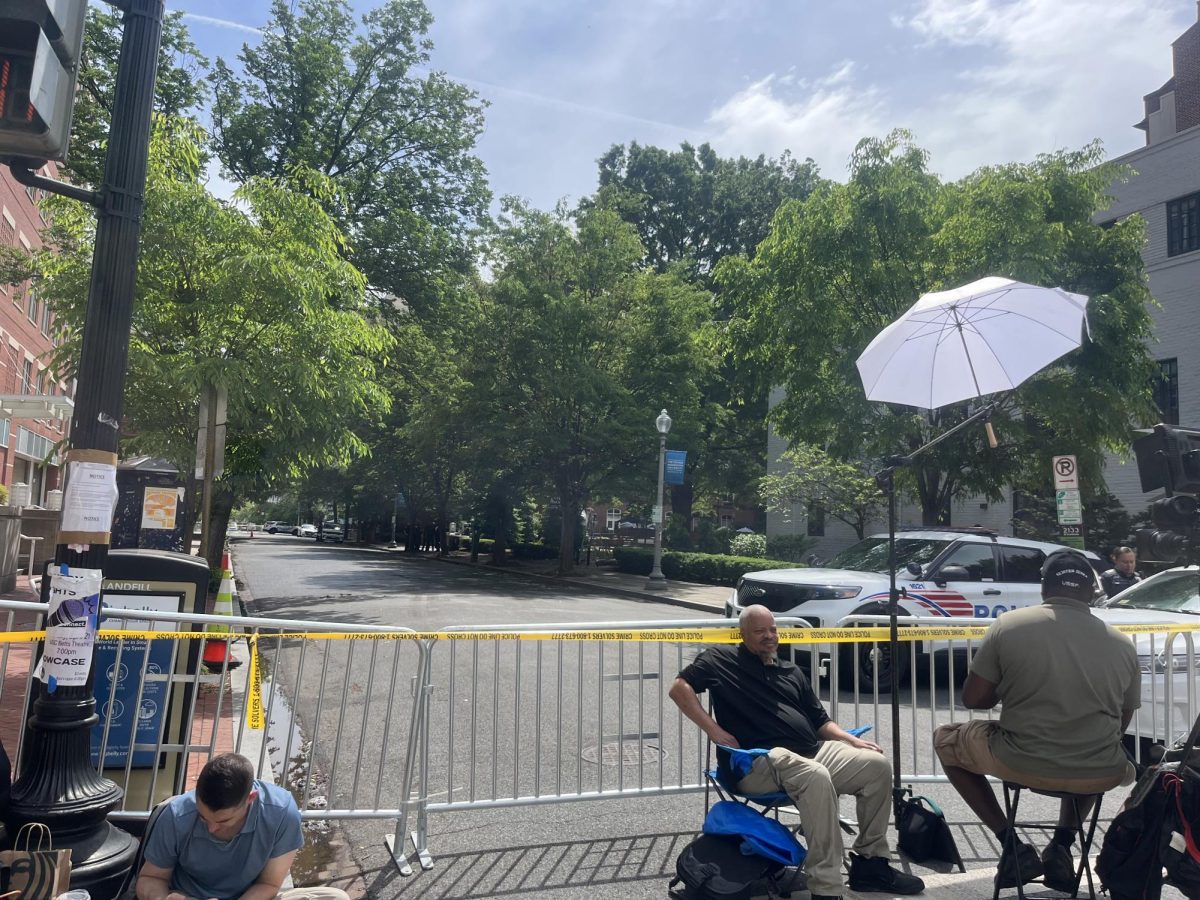Islamabad – the administrative capital of Pakistan set up in the 1960s – and Rawalpindi – home to the General Headquarters of the Pakistan Armed Forces – are called “twin cities” because of their geographical proximity to each other. In the politics that is Pakistan, the twin cities see the bulk ofpolitical activity and clandestine deal makings.
When I went back home to Rawalpindi this winter break, the word on the street was that the Pakistan Peoples Party headed by President Asif Ali Zardari had outlived its welcome. Therefore, the question being raised in late-night military and political meetings was not when, but how to replace the PPP which has failed to deliver to the people in Pakistan and its sympathizers in Washington. A recent strategy was to let the Pakistani supreme court deliver a detailed ruling against the National Reconciliation Ordinance a 2007 political amnesty orchestrated by then-president Musharraf. The order had benefited politicians including Zardari, and ultimately allowed Zardari to be elected to power. But in order to inhibit PPP from claiming that the decision was politically motivated, the supreme court spent a busy month bringing cases against other political parties and top politicians.
Two years in, it is obvious that this experiment with civilian government has failed, and the twin cities are bracing themselves for a change. In an effort to salvage his political standing, President Zardari made frantic trips in late December to his native province of Sindh, as well as to Baluchistan, Pakistan’s least developed but richest province in terms of mineral and energy resources. He made appalling speeches referring to himself as the next martyr in line with Benazir and Zulfiqar Bhutto. Both are former prime ministers to whom Zardari is related who were both assassinated. He refrained, however, from directly accusing the Pakistan Army or his ex-benefactors in Washington for conspiring against him presumably in an effort to remain in their favor.
any joke that Zardari is blessed with the nine lives of a cat. He has already used up eight, according to many pundits. One of his most recent political blunders is the tussle over the Kerry-Lugar bill, which would grant non-military aid to Pakistan over the next five years to bolster its struggling economy. The aid is contingent on the subordination of the military to the civilian government. Opposition to the bill among military supporters numerous in Pakistani society is stripping away at Zardani’s political clout. As a result, the bill’s passage could fatally undermine the government it is meant to strengthen.
What is the reason for this paradox? The force that has allowed the civilian government to remain in power for two years, to put it plainly, is the army. This has always been the case in Pakistan, with the exception of Zulfikar Bhutto’s ministry back in the 1970s. The decade of democracy that started with Benazir Bhutto’s first ministry in 1988 owed much to the generals who allowed the civilian governments to function despite their weaknesses – a fact Bhutto acknowledged in her autobiography.
The reality is that the army chief, Gen. Kayani, remains the most important political agent in Pakistan. So what role has the military played in the current shake-up? It has refrained from instituting martial law, which it easily could have done on several occasions such as when Zardari’s government failed to deal with the lawyers who marched to Islambad last year seeking the restoration of justices who had been fired by Musharraf. Instead, Kayani personally called the head of the lawyers and the prime minister to broker an agreement that restored the chief justice who had been dismissed by Musharraf. Although this level of involvement was rarely referenced in foreign media, it is common knowledge in Pakistan.
Due to internal and external factors, the army in Pakistan will not lose its political relevance any time soon. Instead, Zardari is the one who has lost the most political leverage and foreign support due to his failure to overrule military’s objection to the Kerry-Lugar bill. Zardari has now resorted to pleasing the military to prolong his stay in power. He has, for example, picked up the army’s hard-line stance on Kashmir, which he had formerly dubbed irrelevant. The army does not want to impose martial law, so a change in civilian government would suffice at the moment.
But things are not that predictable in Pakistan. The present army chief doesn’t seem to have direct political ambitions. But he plans to retire this November, and more ambitious lieutenant generals are already lining up. What will this all lead to? It is hard to say. If one thing is sure, it is that the people are wary of another civilian rule, and all eyes are expectantly on the army to salvage their nation.
Sikander Kiani is a freshman in the School of Foreign Service.
Jeffrey Long is a junior in the College. He can be reached at longthehoya.com. Conscience of a Conservative appears every other Tuesday.
*To send a letter to the editor on a recent campus issue or Hoya story or a viewpoint on any topic, contact opinionthehoya.com. Letters should not exceed 300 words, and viewpoints should be between 600 to 800 words.*







